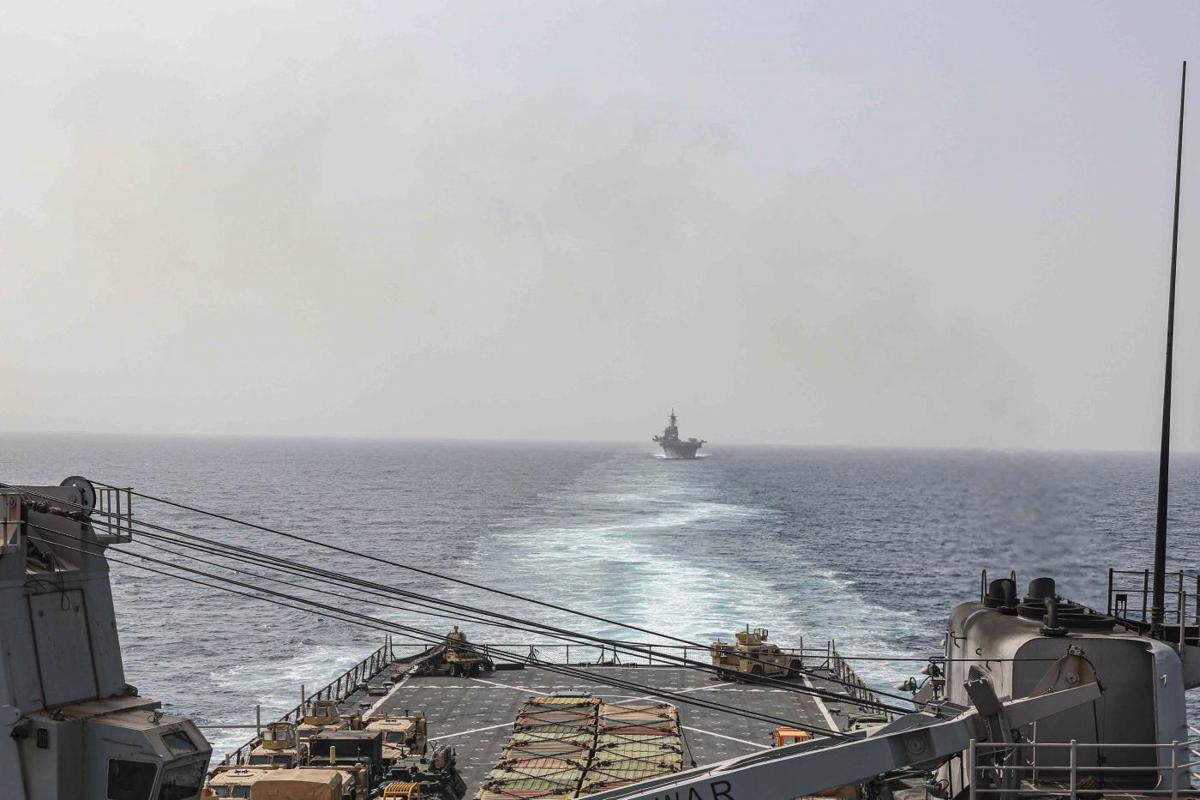The crisis in the Red Sea, effects on Italian companies and international trade
Il Red Sea it is a vital route, accounting for 30% of global container traffic and 40% of Asia-Europe trade. About 12% of petrolium transported by sea and 8% of liquefied natural gas (LNG) pass through the Suez Canal. Furthermore, the attacks have had a significant impact on the volume of shipments. “Since the beginning of the year,” said Francoise Huang, senior economist Allianz Trade for Asia Pacific, “the number of container ships passing through the Bab-El-Mandeb Strait and the Suez Canal was respectively -76% and -48% lower than the volumes normally recorded during the pre-war period. In contrast, shipping volume around the Cape of Good Hope increased by +193% over the same period.”
“Shipping prices, – continues Huang – in particular container transport rates, initially increased significantly compared to November 2023 levels (+87% by the end of December and +177% by the end of January, when they peaked at $3,964/forty-foot container). Shipping prices have declined sequentially since then, at a rate of approximately -3% each week (although they remain 1.9 times higher than the pre-price price). pandemic)”.
Impact on revenues
In the last six months, the company turnover affected by the Red Sea crisis is decreased by 14.2% compared to the previous semester. The average reduction in turnover per company was -18%. 10.6% of companies expect further declines in 2024.
Impact on business investments
5.5% of companies were forced to significantly reduce or even “completely” cancel them investments planned for 2024 due to the Red Sea crisis.
Impact on the economic activity of companies
51% of companies surveyed have encountered some type of difficulty transiting goods through the Red Sea. This figure is more pronounced among companies in the mechanical engineering, energy and metallurgy sectors.
Cost impact
56.4% of companies believe that costs (shipping, import/export/transit) will increase due to difficulties in transit through the Suez Canal. The energy, chemical, agri-food and metallurgy sectors are the most worried. The average increase in costs estimated by companies is +19% compared to the pre-crisis period. Impact on shipping times (import, export, transit). 59.2% of companies believe that shipping times (import/export/transit) will increase due to difficulties passing through the Suez Canal. Impact on payment terms of companies’ customers 22.6% of companies believe there will be delays in payments from customers in the next three months. The average delay estimated by companies is +40 days.
New competitive scenarios and potential loss of market shares
23.2% of companies believe that competition between ships that pass more easily through the Suez Canal will result in a loss of market share for their company. 6.4% believe that the impact of the crisis on the performance of their economic activity will be quite significant.
Solutions adopted to overcome new logistical difficulties
30% of companies have already considered possible alternatives to avoid logistical difficulties: 20.6% will resort to them in 2024, while 9.4% have already resorted to them through the use of air transport (60, 5%), road transport (9.5%), rail transport (approximately 8%), or through the combined use of these carriers (over approximately 22% of companies).
“The growing geo-political uncertainty in the Middle East – states Luca Burrafato, Head of Mediterranean Countries, Middle East and Africa for Allianz Trade – is part of a scenario of global volatility characterized by the growth of insolvencies and interest rates which are generating high financial needs for businesses. In this context, we believe that it is even more necessary to define supply chain strategies which – involving the supply chain in a broader way – allow us to optimize the management of working capital with the aim of enhancing that propensity for resilience that the Italian economic fabric has repeatedly highlighted in the most critical moments”.
